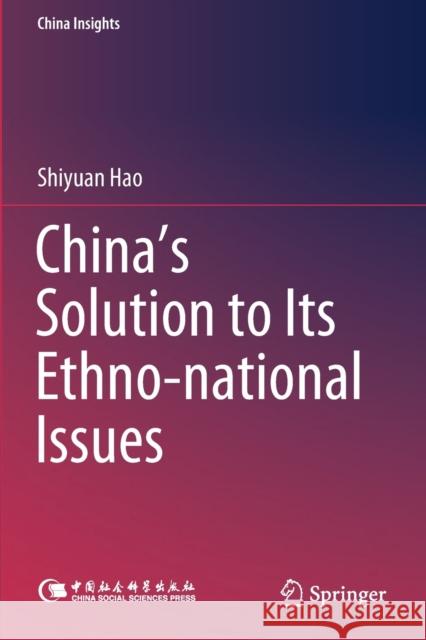China's Solution to Its Ethno-National Issues » książka
topmenu
China's Solution to Its Ethno-National Issues
ISBN-13: 9789813295216 / Angielski / Miękka / 2020 / 233 str.
China's Solution to Its Ethno-National Issues
ISBN-13: 9789813295216 / Angielski / Miękka / 2020 / 233 str.
cena 201,72
(netto: 192,11 VAT: 5%)
Najniższa cena z 30 dni: 192,74
(netto: 192,11 VAT: 5%)
Najniższa cena z 30 dni: 192,74
Termin realizacji zamówienia:
ok. 22 dni roboczych.
ok. 22 dni roboczych.
Darmowa dostawa!
Kategorie:
Kategorie BISAC:
Wydawca:
Springer
Seria wydawnicza:
Język:
Angielski
ISBN-13:
9789813295216
Rok wydania:
2020
Wydanie:
2020
Numer serii:
000774466
Ilość stron:
233
Waga:
0.36 kg
Wymiary:
23.39 x 15.6 x 1.4
Oprawa:
Miękka
Wolumenów:
01
Dodatkowe informacje:
Wydanie ilustrowane











